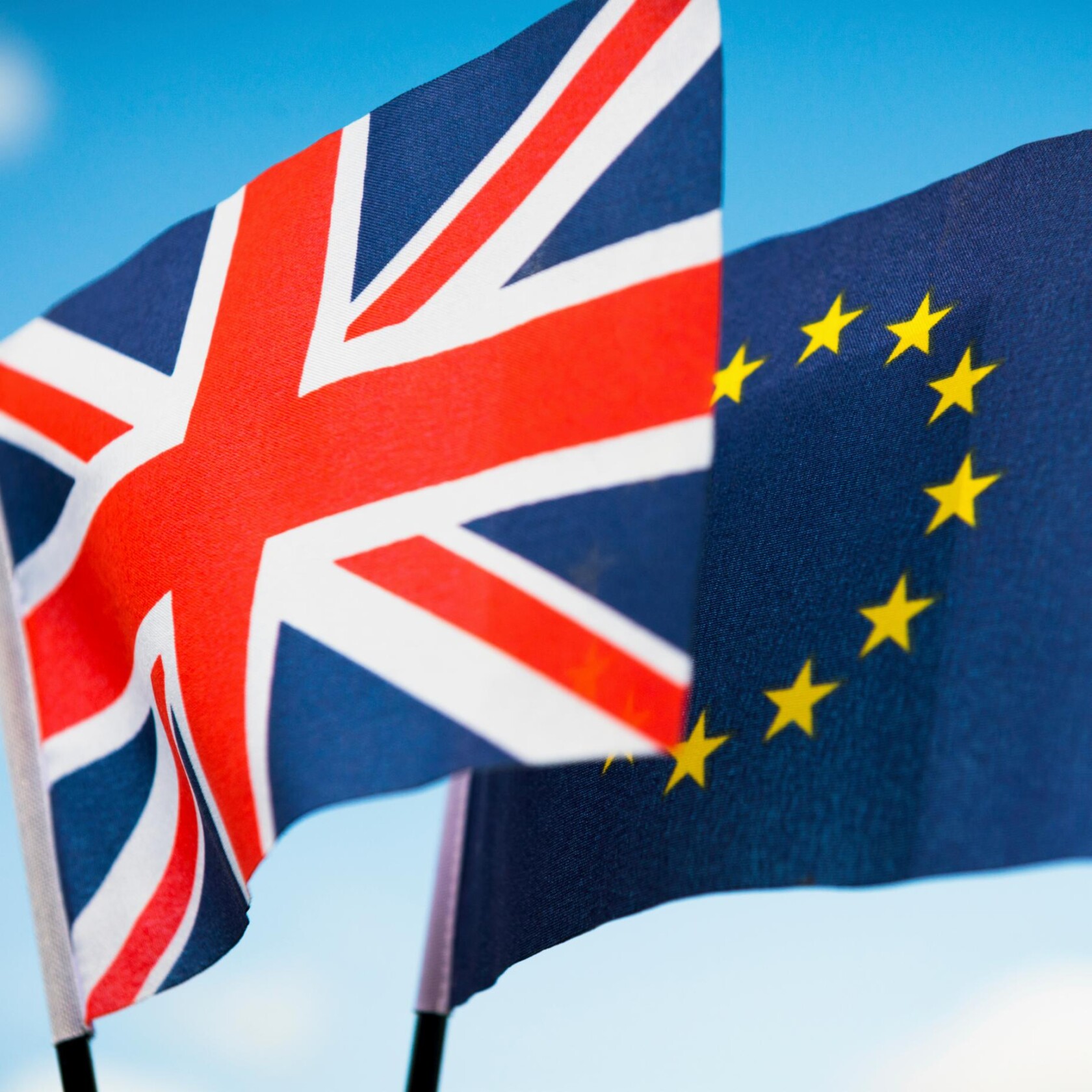
Now that some time has passed since the Brexit vote, some of the ways in which the vote is likely to impact British patent law are becoming clearer. Here is a quick summary of some of the primary concerns.
The UK Patents Act of 1977
The Brexit will not have direct impact the UK Patents Act of 1977, as that is a national patent statute, even though it was enacted after the UK joined the EU in 1973. The portions of the Patent Act creating the Unitary Patent of the EU are administrative, and not substantive. However, Supplementary Protection Certificates (SPC), a creation of the EU, would no longer exist in their current form. Additionally, the compulsory licensing laws created by the EU would no longer exist in the UK. It is possible that British pharmaceutical companies will press for a replacement SPC statute, as they benefit from it. It is less likely that there will be a strong push for new compulsory license laws in the UK.
The Unitary Patent and the Unified Patent Court
An EU patent package was in the works prior to the Brexit vote. The negotiations related to that package will take place after the upcoming elections in Germany and France. The delay is intended to permit the new governments to handle the entire negotiations, rather than changing teams in the middle of negotiations. Some issues for negotiation are the language requirements (Will English remain one of the languages with Britain out?) and the location (The pharma/biotech portion of the new court was going to be located in the UK.).
The EU patent package is intended to establish a European patent with unitary effect (the Unitary Patent), and also establish a new patent court (the Unified Patent Court, or UPC). The package also established language requirements applicable to the Unitary Patent. The Unitary Patent would provide uniform protection across most of the EU countries from a single patent application. After the patent granted, it would not need to be validated in each of the participating countries, but would automatically cover all of them. This should limit translation expenses and should be less expensive than validating in all of the participating countries.
The UPC is intended to be a specialized patent jurisdiction and have exclusive jurisdiction over litigation involving classic European patents as well as Unitary Patents. The package will go into effect when 13 countries ratify the Unified Patent Court Agreement. As of this date, only 10 countries have ratified it. The UK has not yet signed it, and is not expected to sign it prior to leaving the EU. It is uncertain whether or not the UPC Agreement will ever be ratified, but if it is ratified, the UK departure from the EU will delay it, as both the UK and EU negotiate the split. If the Unified Patent Court Agreement is ratified, the UK will not be a part of the UPC unless the UK separately ratifies the Unified Patent Court Agreement, which many believe to be unlikely. Countries do not have to be part of the EU to sign the Unified Patent Court Agreement, and countries in the EU may opt out of it.
There pros and cons to the UPC and Unitary Patent. Some of the benefits of the Unitary System are that a patent holder that wants protection in more than four European countries will have less costs for both filing and maintaining a Unitary Patent. Additionally, the UPC should lead to more consistent legal results across Europe. Further, a patent holder can litigate in just one court to get damages or an injunction across Europe.
While the ability to litigate in one court can be a benefit, it can also be a disadvantage, as a patent holder that loses its patent rights in the UPC will lose rights in every country that ratifies the UPC Agreement. Additionally, a patent holder that decides it no longer wants rights in several European countries can find that it costs more to maintain a single Unitary Patent than individual European patents.
The European Patent Convention
It should be noted that the European Patent Convention (EPC) is not part of the EU, and the European Patent Office (EPO) is not an EU organization. Brexit should have no impact on the operation of the EPC or of the UK’s role in the EPC. Similarly, the operation of the UK Intellectual Property Office, is not expected to change, although it may get busier than it was before Brexit. The pound has fallen with respect to the dollar, making a UK patent a relative bargain.
The Impact on Manufacturers
With so many patent-related issues still to be determined, how does this impact manufacturers? The short answer is: it doesn’t. The Unitary Patent does not yet exist, and it may never exist. The UPC does not yet exist, and it, too, may never exist. As such, manufacturers can continue to file patent applications in the UK Intellectual Property Office or the European Patent office, just as they were doing prior to Brexit.
What’s Next?
Manufacturers should make one small change as post-Brexit patent issues are negotiated: watch for blog posts beginning in early 2017, as negotiations between the UK and other parts of Europe take place. Only after the negotiations are concluded will we be able to see what the future holds.
